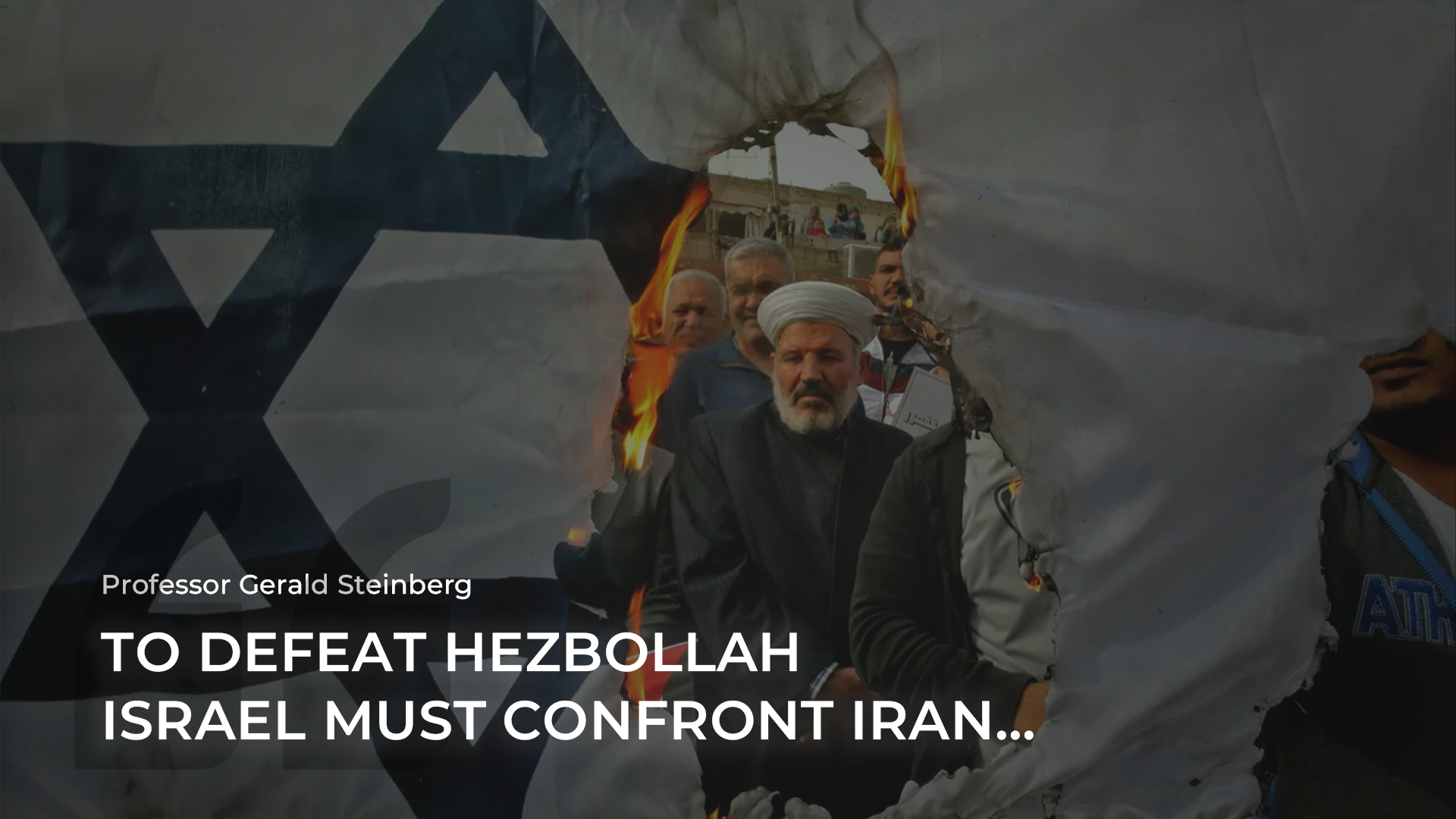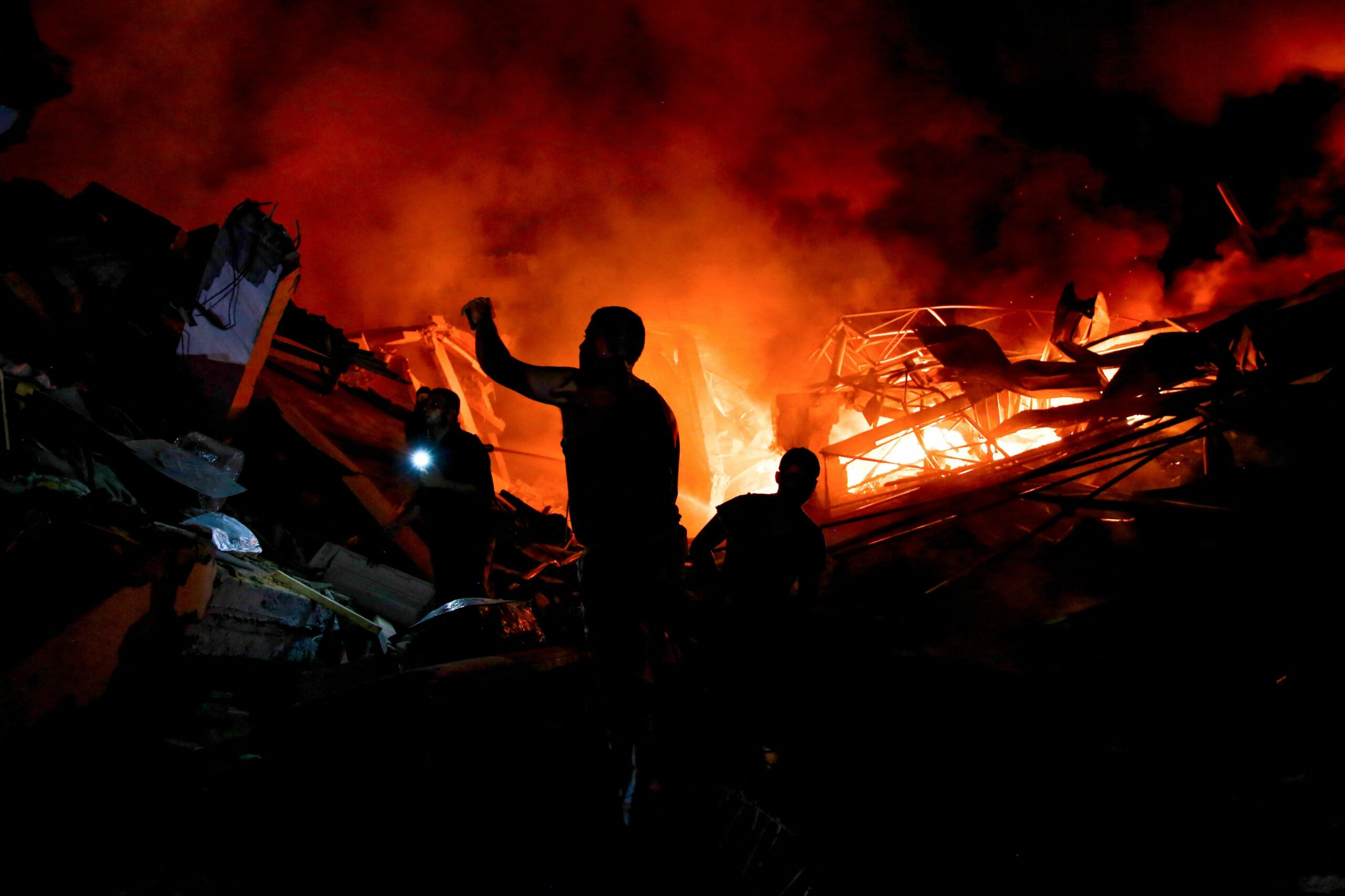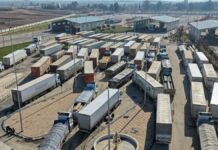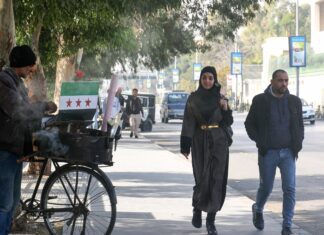
The relationship between Israel and Hezbollah has been fraught with tension since the militant group’s inception in the 1980s. Hezbollah, a Shiite Islamist political and militant organization based in Lebanon, has consistently posed a significant threat to Israeli security. The 2006 Lebanon War, which resulted in significant casualties and destruction, remains a stark reminder of the volatility between these two forces.
Probability of Conflict
In recent years, there has been an escalation in rhetoric and military posturing. Israel has conducted numerous airstrikes in Syria, targeting Hezbollah’s supply lines and infrastructure, while Hezbollah has vowed retaliation for these strikes. The group’s leader, Hassan Nasrallah, has repeatedly warned Israel against further aggression. Political analysts suggest that both sides are preparing for potential conflict, although they may not be actively seeking war.
Old Enemies & Battleground
Israeli troops and Hezbollah forces clashed before in the 1980s, following Israel’s invasion of Lebanon during the Lebanese Civil War. Hezbollah, a Shiite militant group backed by Iran, emerged as a key resistance force against Israeli occupation. Over the years, numerous conflicts have erupted, with significant Israeli military operations in Lebanon in 2006 and frequent skirmishes in the border regions.
A demilitarized zone known as the “Blue Line” was established by the UN in 2000 to confirm Israel’s withdrawal from southern Lebanon. Created to serve as a boundary for de-escalation, aiming to prevent conflicts and maintain peace between southern Lebanon and northern Israel.

Operation Al-Aqsa Flood
The most recent sparks of war came following Hamas’ October 7 raids in the occupied territories and the Israeli incursion in Gaza, which has resulted in months of bombing, starvation, siege, and tens of thousands of civilian deaths. These attacks led to a brutal and prolonged Israeli military campaign in Gaza, “aiming to dismantle Hamas’ capabilities” – which many observers have called a genocide. The humanitarian crisis in Gaza has drawn international condemnation and increased regional tensions. Hezbollah has become more active in its threats and attacks against Israel, linking its actions to the ongoing siege and bombardment of Gaza.
Near Daily Exchanges
Last month, the situation rapidly deteriorated. Cross-border skirmishes have become more frequent, and both sides have increased their rhetoric. Israeli airstrikes have targeted Hezbollah positions in southern Lebanon, while Hezbollah has responded with rocket attacks on Israeli border towns. Key political leaders, including Israeli Prime Minister Benjamin Netanyahu and Hezbollah’s Secretary-General Hassan Nasrallah, have made statements indicating a readiness for larger conflict.
Israeli aircraft have intensified airstrikes on Hezbollah and Iranian targets in Syria. Recent raids have hit multiple sites in the Damascus countryside, resulting in significant casualties and damage. These attacks have marked a significant increase in the frequency and intensity of Israeli operations against Iranian-backed forces in Syria.
Israel has also increased cross-border raids into Lebanon and Syria, targeting key militant leaders. The latest wave of attacks included a targeted operation against a Hamas leader in Lebanon and the assassination of Muhammad Baraa Qaterji, a Syrian war profiteer with close ties to Hezbollah. These actions have drawn warnings from Hezbollah and Iran threatening “severe retaliation.”

In the last few weeks, a series of events have further escalated things, the first was a missile attack on a soccer field in the Druze village of Majdal Shams in the Israeli-occupied Syrian Golan Heights, killing 12 children. Both Israel and Hezbollah denied responsibility accusing the other of the incident and Iran warned Israel against any further military actions. Following the attack Israel launched several air raids in southern Lebanon and Hezbollah has attacked several military installations and settlements in the occupied territories. The end of July saw a series of Israeli assassinations in Beirut and Tehran of a founding leader of Hezbollah and Hamas’ political leader – intensifying fears of a broader conflict in the region.
As Hezbollah expert Professor Gerald Steinberg of the Jerusalem Post points out, “Hezbollah is the central Iranian proxy in the regime’s ongoing war against Israel. To deter or defeat this powerful force, Israel must confront Tehran directly and threaten its vital interests and survival.” Late last month, Israel did just that.
Assassinations Accelerating Escalation
On the evening of Tuesday, July 30, Israel bombed a residential building in the Haret Hreik area in the southern suburb of Beirut, targeting Hezbollah leader Fouad Shukr, one of the party’s founders in the 1980s.
Fouad Shukr, also known as Hajj Mohsen, was one of the most prominent leaders in Hezbollah since its founding. Shukr worked as an advisor to the party’s Secretary-General, Hassan Nasrallah, regarding planning and directing operations. Shukr was responsible for Hezbollah’s precision missile project, according to the Israeli Alma Center.
The following day Hamas announced the assassination of Ismail Haniyeh, head of its political bureau, during his visit to the Iranian capital, Tehran. Haniyeh was killed in an Israeli raid on his residence after participating in the inauguration ceremony of the new Iranian President, Massoud Pezeshkian. These assassinations mark a significant escalation in Israel’s conflict with Iran-backed groups, especially Hezbollah as Shukr was considered the “number two” man after its leader Nasrallah.
Iranian Supreme Leader Ali Khamenei condemned the attack and vowed a “harsh retribution,” stating that Israel would face “harsh punishment.” Similarly, the Iranian Revolutionary Guard Corps (IRGC) and other Iranian officials issued threats of severe retaliation, indicating a coordinated response from Iran and its “allies in the region.” Hezbollah’s leadership also condemned the attack and warned of “severe consequences,” potentially involving broader regional conflict.
Fiery Rhetoric or a Prelude to Fire
While those in Tehran and Hezbollah continue to threaten Israel, some fear that the most recent assassinations coupled with the continued attacks in Gaza and southern Lebanon may push Hezbollah and its sponsor beyond talk and threats.
Full-scale war could be triggered by subsequent provocations such as a major attack on civilians like in Majad Shams, or other high-profile assassinations. In this scenario, Israel would likely launch a large-scale military operation targeting Hezbollah’s infrastructure and leadership.
Hezbollah, in turn, would mobilize its extensive rocket arsenal, likely with support from Iran, and conduct guerrilla warfare against Israeli forces. The conflict could last for weeks or months, causing widespread destruction and civilian casualties.

A more limited conflict could involve small-scale skirmishes and localized engagements. This is similar to the state that the two are currently in, characterized by sporadic rocket fire from Hezbollah and Israeli airstrikes, without escalating to a full-blown war.
Diplomatic efforts, possibly involving the UN or other international actors could lead to de-escalation provided both sides, recognizing the high cost of war, agree to step back from the brink. This might involve international mediation, confidence-building measures, and a return to indirect negotiations. The role of major powers, such as the US and Russia, could be crucial in facilitating de-escalation.
A retired Israeli National Security Council official, Orna Mizrahi, commented, “None of the options [are] good but the big question is, how much can Israel suffer under this attack? I think most of the government don’t really want to get into a war, but it’s possible that we are getting there.”
Regional Impact
A confrontation between Hezbollah and Israel would have significant implications for Syria. Hezbollah has substantial military assets and personnel in Syria, supporting the Assad regime. Israeli airstrikes on Syrian territory targeting Hezbollah and Iranian positions have already steadily increased, and a broader conflict could see these attacks intensify. The destabilization of Syria could lead to further humanitarian crises and complicate the ongoing war in the country.
Iran, as Hezbollah’s state sponsor, would likely become more directly involved if the conflict were to intensify. Iranian-backed militias and forces in Syria and Lebanon could increase their activities against Israeli targets. This involvement could escalate into a broader regional conflict, drawing in other countries and leading to widespread instability in the Middle East. The assassination of Ismail Haniyeh in Iran could catalyze further Iranian retaliation – thus intensifying the conflict.
Addressing Uncertainties
Several factors add to the uncertainty of the situation. These include the internal political dynamics within Israel and Lebanon, the influence of external actors like Iran and the US, and the potential for unforeseen events to rapidly change the situation. Recognizing these uncertainties is crucial for understanding the dynamics of the conflict and the challenges in making accurate forecasts.
Hubert Faustmann, a political analyst and professor of history and international relations at the University of Nicosia, told Ekathimerini, “There is a high danger of Israel escalating the confrontation with Hezbollah and an all-out, full-scale war, which I don’t think Hezbollah wants. Hezbollah was demonstrating what it ‘could do’ if that were to happen”.








